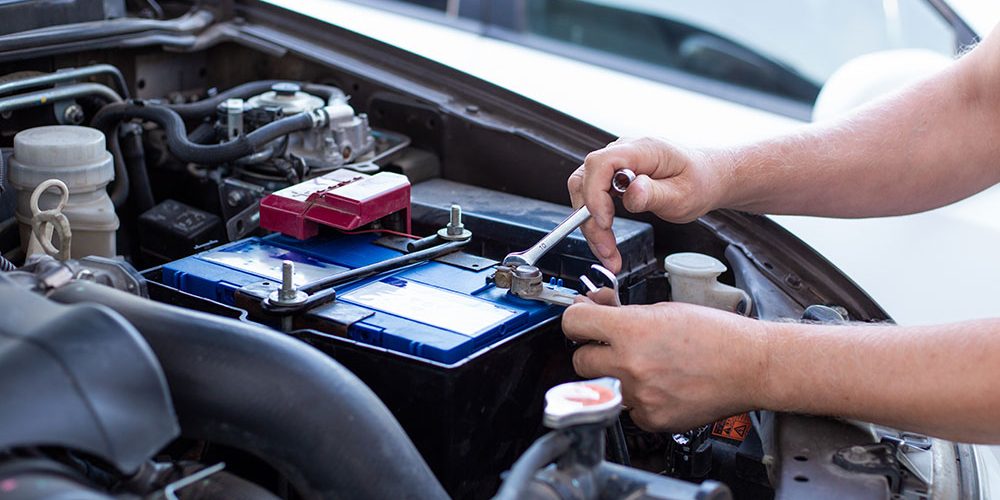
Factors Affecting the Lifespan of a Car Battery
Introduction:
The service life of a car battery depends on a variety of factors. Understanding these factors can help users take the necessary steps to extend battery life and prevent unexpected failures.
1. Battery Type and Build Quality
High-quality batteries from reputable brands are typically made with superior raw materials and advanced manufacturing technologies, resulting in longer lifespans.
Choosing a battery that is compatible with the vehicle type and its operational conditions also plays a direct role in how long the battery will last.
2. Charging and Discharging Practices
Proper and timely charging is one of the most critical aspects of maintaining battery health.
Deep or frequent discharges without recharging can reduce the battery’s capacity and lifespan.
Overcharging or using improper chargers can also damage the battery and shorten its life.
3. Ambient Temperature Conditions
High temperatures accelerate internal chemical reactions and increase electrolyte evaporation, both of which shorten battery life.
Low temperatures reduce the battery’s charging capacity and make engine starting more difficult.
Storing and operating batteries in moderate temperatures helps to prolong their service life.
4. Driving and Usage Habits
Vehicles that are infrequently used tend to have batteries that discharge more quickly.
Long periods in heavy traffic or frequent stop-and-go driving increase the load on the battery.
Regular vehicle use and long enough drives to allow full recharging are beneficial for battery health.
5. Vibration and Physical Impact
Mechanical vibrations and shocks, as previously mentioned, can damage the internal plates and casing of the battery.
Ensuring the battery is securely mounted helps prevent internal damage caused by road vibrations.
6. Electrical Overload
Using high-consumption electrical accessories such as powerful audio systems, additional lighting, or advanced security systems places extra demand on the battery.
If not supported by the alternator or a larger-capacity battery, these can accelerate battery degradation.
7. Manufacturing Defects or Physical Damage
Batteries with manufacturing flaws or those that have sustained physical damage are more prone to early failure, even with proper care and maintenance.
Conclusion:
By paying attention to factors such as battery type, proper charging habits, temperature control, regular maintenance, and avoiding unnecessary electrical loads, users can significantly extend the lifespan of their car battery. Doing so not only reduces replacement costs but also helps avoid unexpected vehicle shutdowns and related inconveniences.
